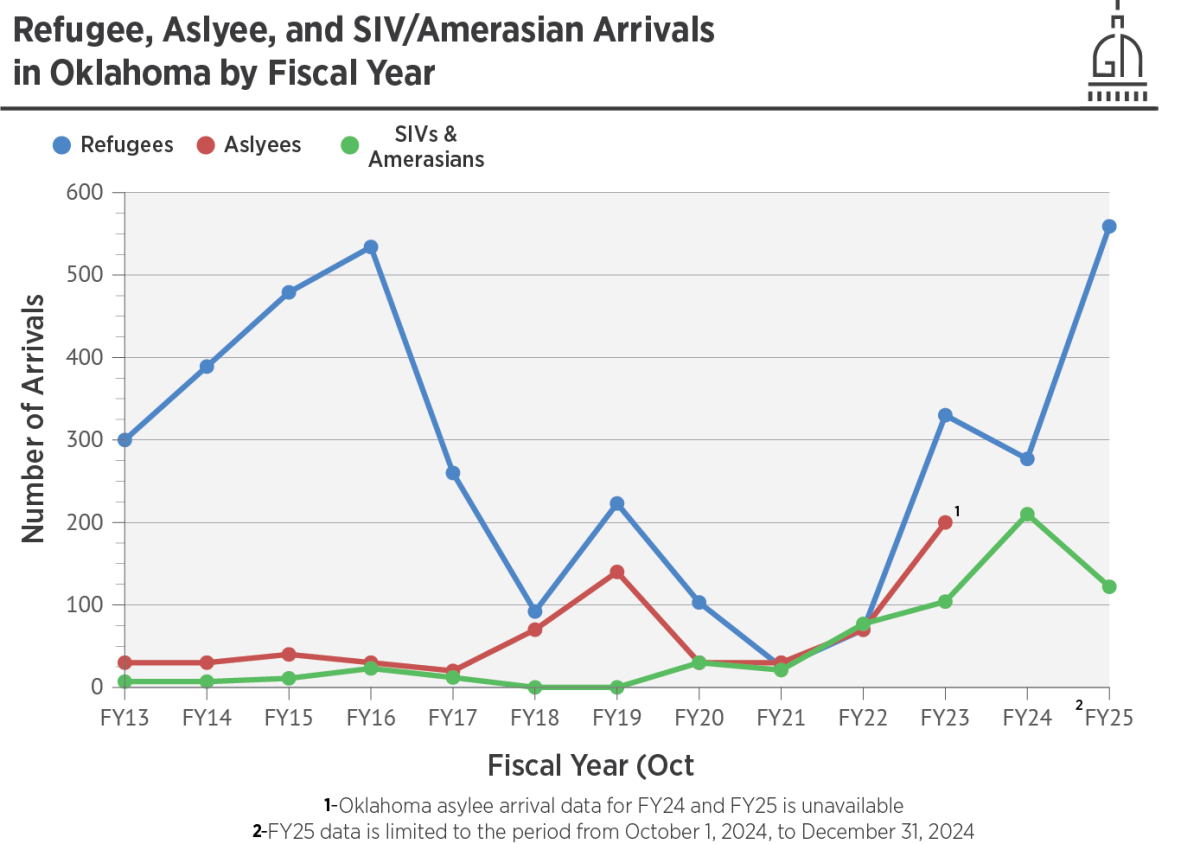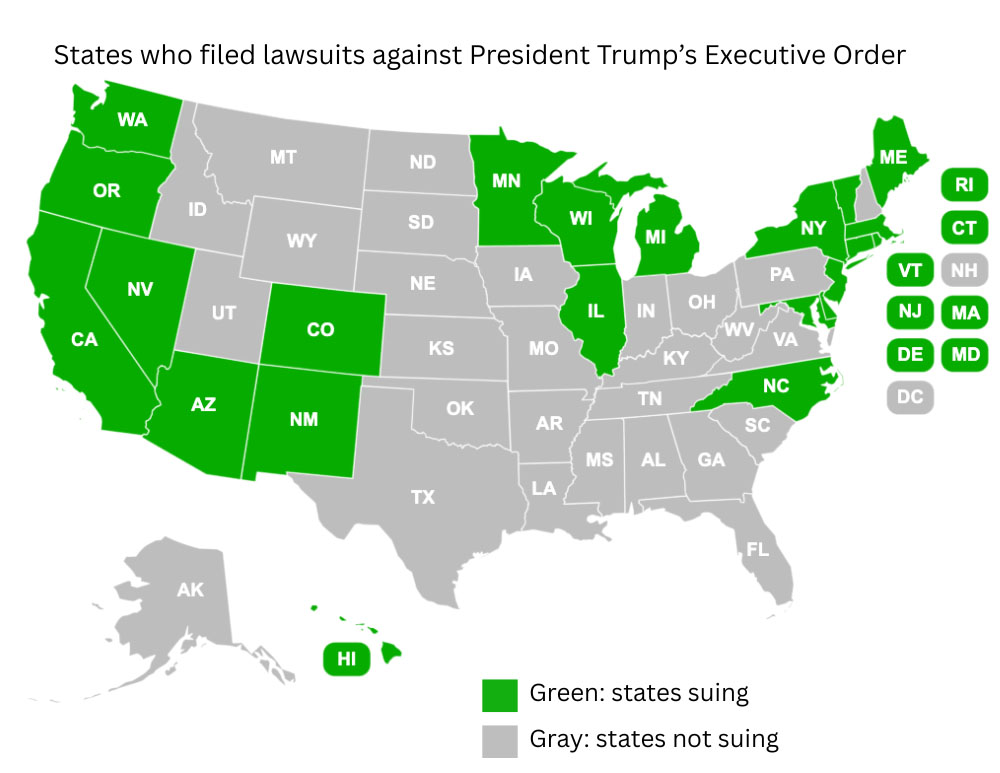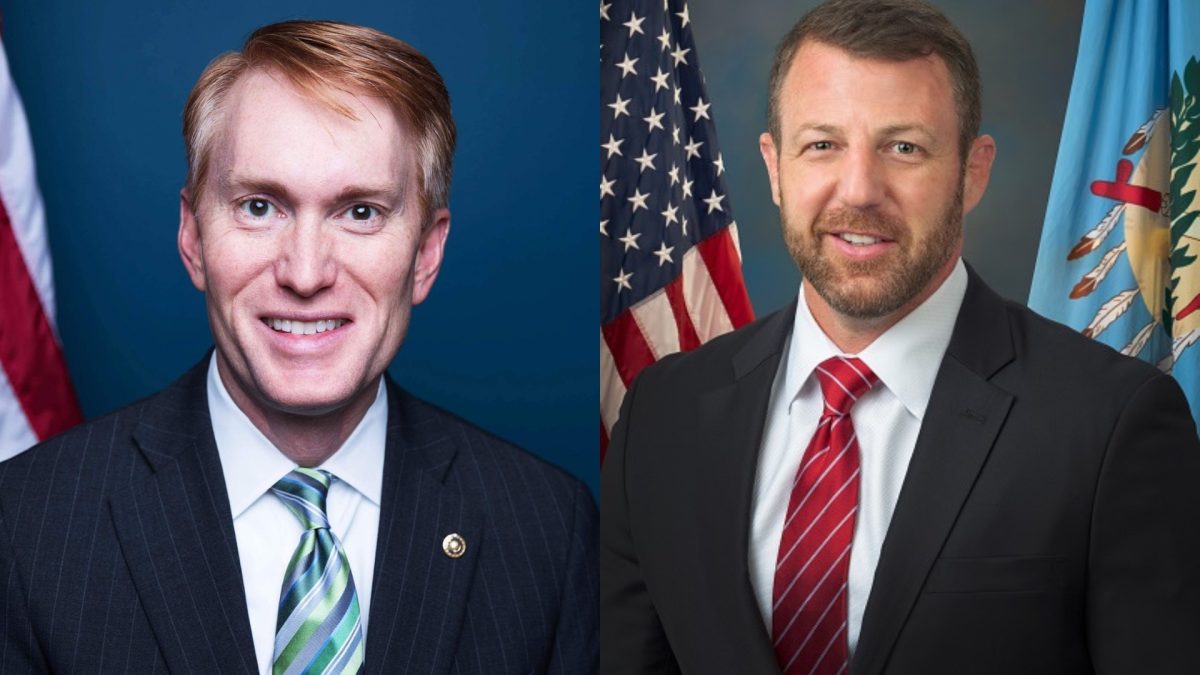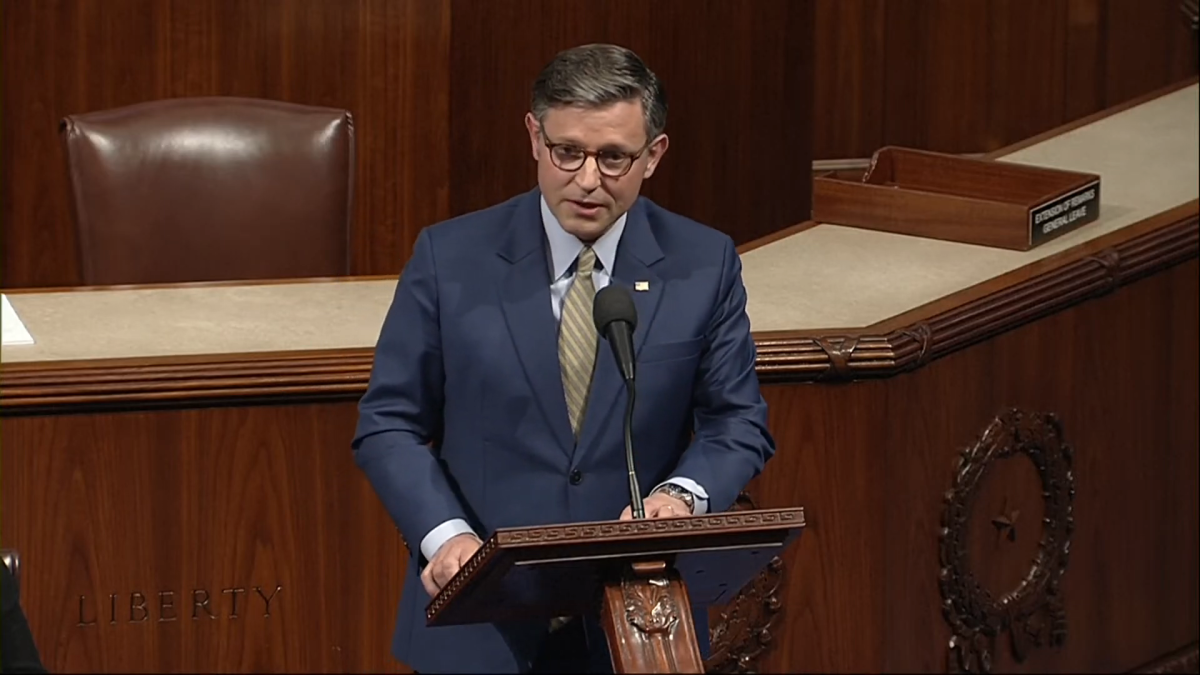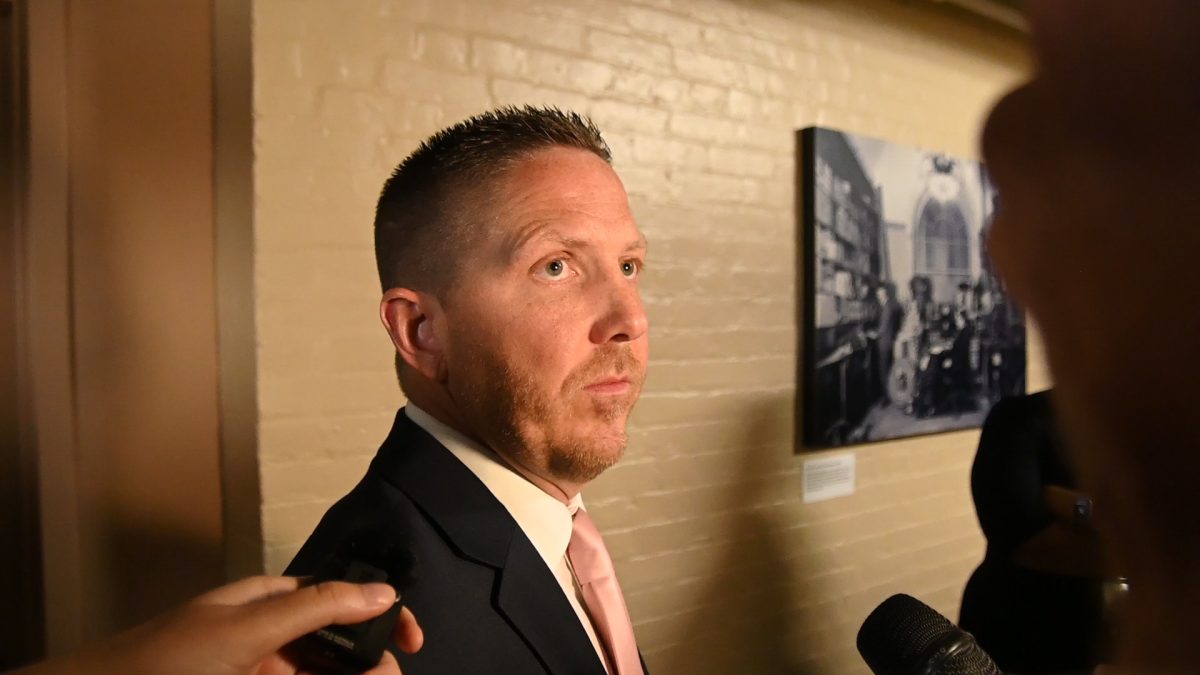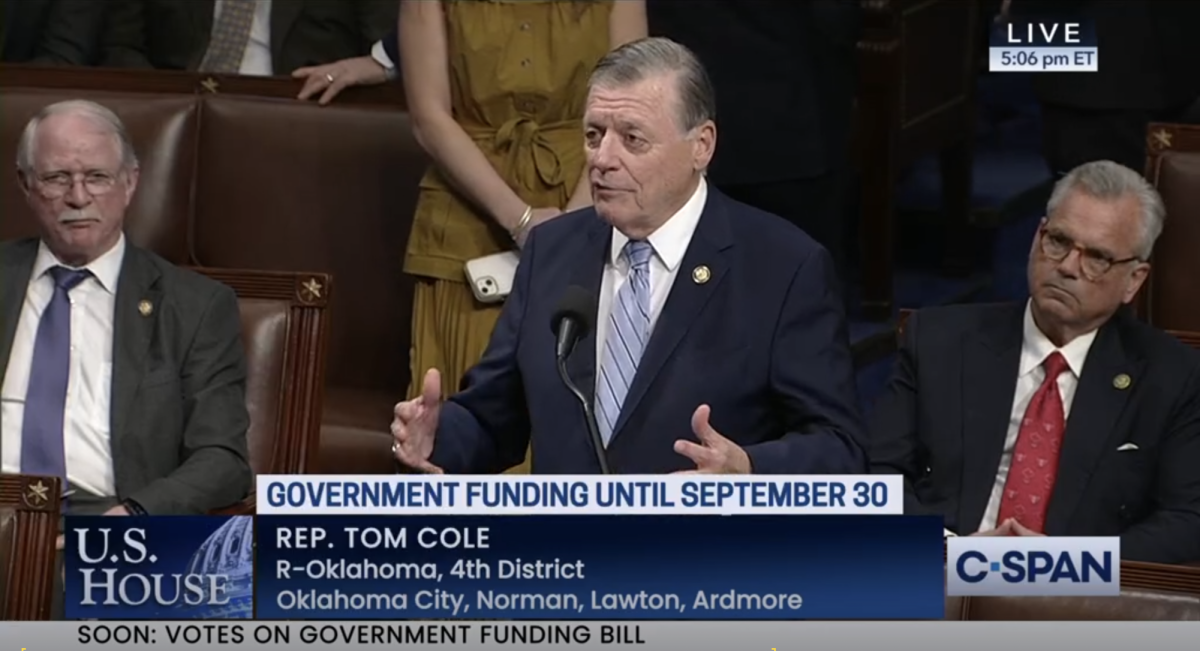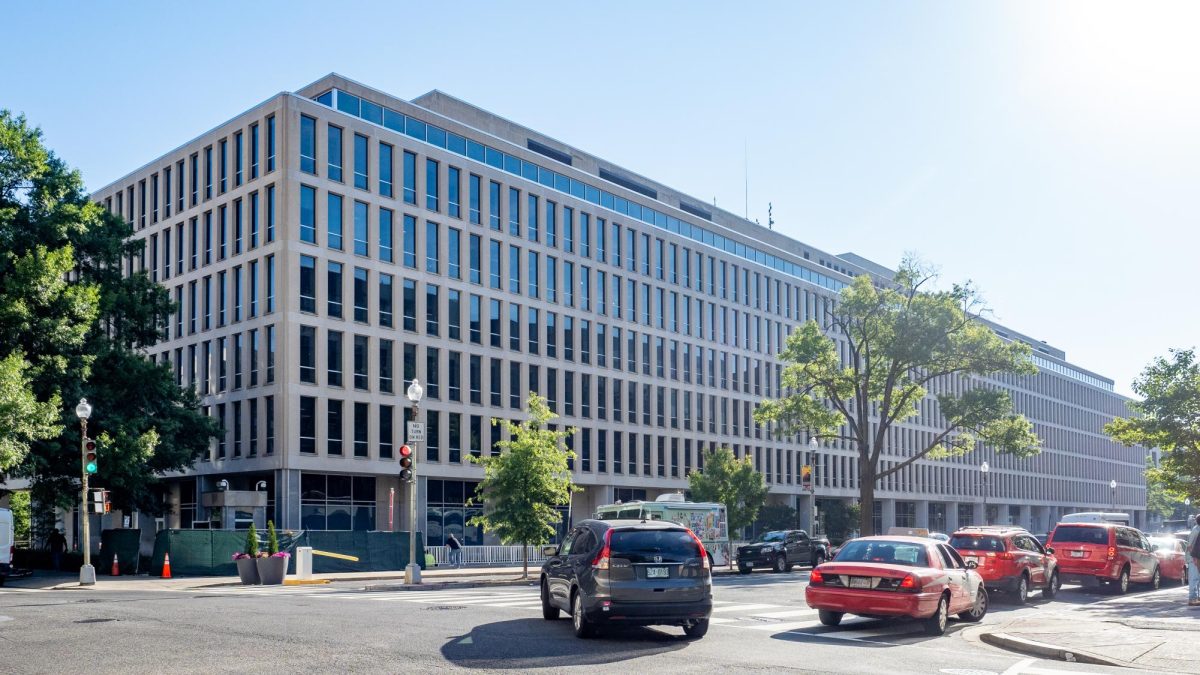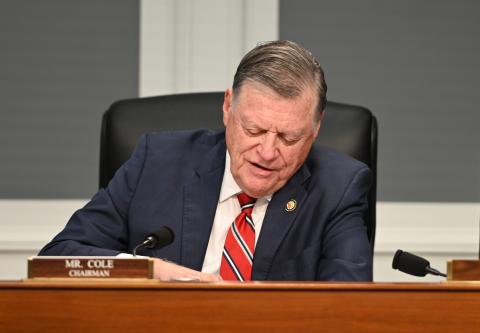WASHINGTON – On Tuesday President Biden announced sweeping plans to increase protections for undocumented spouses of U.S. citizens who have lived in the country for at least 10 years.
Biden made the order public at an event celebrating the 12th anniversary of Deferred Action for Childhood Arrivals, an Obama-era directive that protects undocumented immigrants brought into the country as children from deportation.
“These couples have been contributing to our country for 10 years or more, living in the United States with fear and uncertainty,” Biden said. “We can fix that, and that’s what I’m going to do today.”
About 82,700 undocumented immigrants reside in Oklahoma, and around 9,000 are married to a U.S. citizen according to an analysis of 2019 census data by the Migration Policy Institute. One of the thousands of undocumented immigrants in Oklahoma is Miriam Reyes, whose parents brought her to the U.S. from Mexico as a 2 year-old.
Reyes has lived in the U.S. for over 10 years and is married to a citizen, with whom she has an infant. Due to a lack of documentation, Reyes said she has faced difficulty in many ways, but mainly in finding work.
“I was kicked out of beauty school midway due to being undocumented and not having a social security number,” Reyes said. “Sometimes I clean houses, but that doesn’t have benefits or insurance you’d have with a normal job.”
Reyes said that Biden’s proposed executive order has the potential to change her life.
“It would mean a lot to me,” Reyes said. “That would allow me to find a job and go to school, something that I can hopefully do with this [order].”
In addition to work and education, Reyes said the executive order would also allow her to travel throughout the country and internationally to see family, which she hasn’t done since initially leaving.
“I don’t travel because I’m scared of being stopped, so I don’t really leave Oklahoma,” Reyes said. “I want to travel back to Mexico and to see my grandma who’s by herself over there. Most of her help is over here.”
Biden said the executive order, intended to go into effect later this summer, will streamline the process for longtime undocumented spouses of citizens to retain legal status. Reyes will qualify for protections granted by the executive order, including a faster pathway to naturalization, which she said she has consulted multiple lawyers about.
“One lawyer told me that it was a 50/50 chance for me to be able to get a visa because of my hardships, and that we weren’t sufficient enough,” Reyes said.
The order will allow undocumented spouses to apply for a “parole in place” program, which would protect them from deportation and offer work permits if they have lived in the country continuously for 10 years. This intention for “parole in place” is unprecedented, as its use now is for family of military members and veterans.
Vice President Kamala Harris said in a press release that the order will also expedite work visas for ‘Dreamers’ who graduated from a U.S. college, and have a job offer from a U.S. employer.
The executive order announcement comes amidst Biden’s near-complete ban on asylum for those who cross the border illegally, marking the harshest immigration policy since the Trump administration.
Though the order has satisfied many Democrats, Senator James Lankford (R-Oklahoma City) criticized Biden’s order, writing on X that it is ultimately “unlawful” and will “invite more chaos.”
“It doesn’t line up with law. He’s literally making it up as he goes,” Lankford said. “It will most definitely affect incentivizing more people to come in, and when you incentivize more people you create more chaos at the border, and people slip through.”
Lankford not only disagreed with the policy itself, but called it a “political response” to Biden’s own executive order issued earlier this month.
“My guess is [Biden] signed an executive order pretending to close down the border, it’s now two weeks later, and nothing’s changed. So that didn’t do anything,” Lankford said. “Now he’s announcing [this] to the other side of America.”
The Supreme Court has yet to decide on a case with similar implications: Department of State v. Muñoz. In the case, a consular official refused to issue a visa to the non-citizen spouse of Sandra Muñoz. She later sued, saying the official had impinged on her interest which was protected by the Constitution.
Gaylord News is a reporting project of the University of Oklahoma Gaylord College of Journalism and Mass Communication. For more stories by Gaylord News go to GaylordNews.net.






